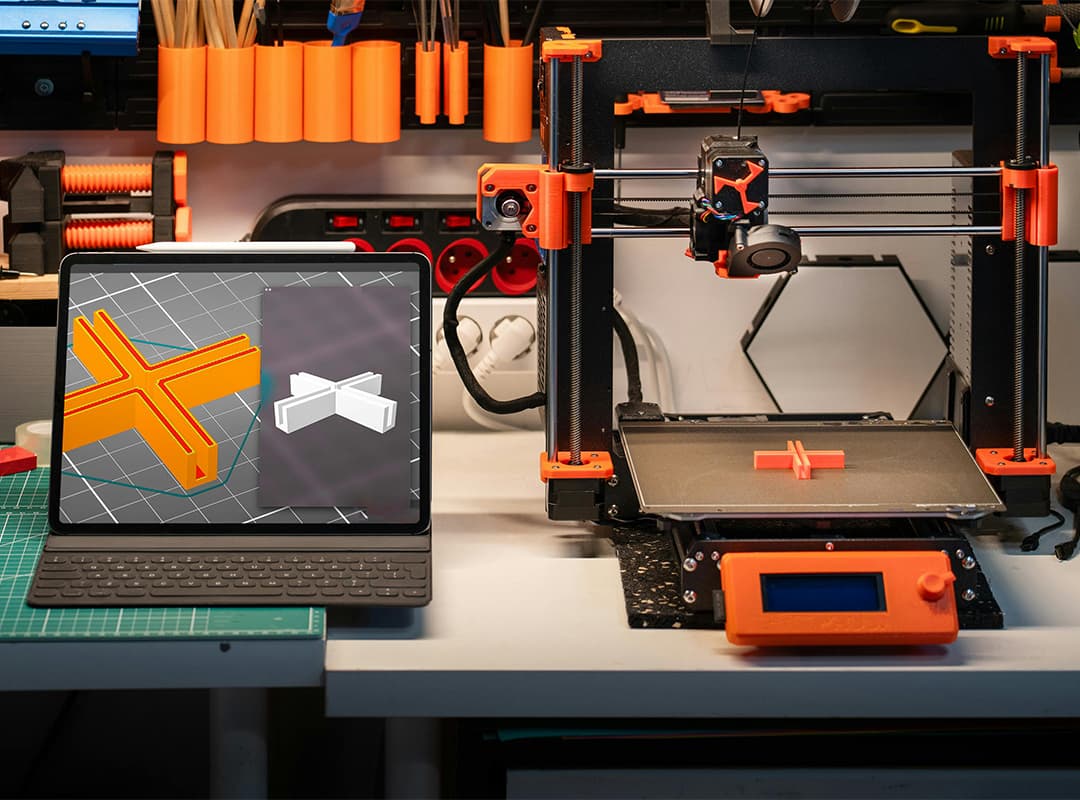In today’s world, simulation and modeling have become essential tools across a range of industries, from engineering and healthcare to business and environmental science. As the demand for these skills grows, so does the availability of quality online courses that teach both the fundamentals and advanced techniques of simulation and modeling. Whether you’re a beginner looking to get started or an experienced professional seeking to deepen your knowledge, there are numerous online learning platforms that offer valuable courses to suit your needs.
In this article, we will explore some of the top online courses in simulation and modeling, offering a guide to the best resources available. We’ll also mention how attending top tech events 2017 and similar gatherings can enhance your learning journey by connecting you with industry experts and real-world applications.
1. Coursera: Modeling and Simulation Specialization
Coursera offers a comprehensive Modeling and Simulation Specialization provided by the University of California, Irvine. This series of courses covers everything from the basics of simulation modeling to advanced techniques for analyzing complex systems. The specialization includes:
- Introduction to Modeling and Simulation: An overview of core principles.
- Dynamic Systems: Understanding time-based modeling and systems behavior.
- Advanced Topics in Simulation: Techniques for specialized applications, such as agent-based modeling.
This specialization is perfect for students or professionals who are looking to build foundational skills and explore advanced concepts. With real-world projects, you’ll have the opportunity to apply what you learn and build a portfolio.
2. edX: Simulation and Modeling for Engineering and Environmental Systems
If you are interested in applying simulation techniques in engineering and environmental fields, edX offers the Simulation and Modeling for Engineering and Environmental Systems course from Delft University of Technology. This course teaches how to model dynamic systems, including physical and environmental processes, using tools such as MATLAB and Simulink.
The course covers key topics like:
- Modeling continuous and discrete systems.
- Simulation of water, air, and energy systems.
- Real-world applications in sustainability.
This course is highly regarded for its hands-on approach, where learners can practice building their models using industry-standard tools, making it ideal for professionals in the engineering and environmental sectors.
3. Udemy: Practical Applications of Discrete-Event Simulation
For those specifically interested in discrete-event simulation (DES), Udemy’s Practical Applications of Discrete-Event Simulation course provides a focused and practical approach to mastering DES. This type of modeling is commonly used in industries like manufacturing, logistics, and healthcare.
The course includes:
- Building models using tools like AnyLogic and SimPy.
- Real-world case studies and examples.
- Techniques for validating and optimizing simulation results.
This course is particularly useful for professionals working in operations management or process optimization, as it emphasizes practical, industry-relevant applications.
4. SimCafe: Introduction to Finite Element Analysis
SimCafe, an educational platform developed by Cornell University, offers a free Introduction to Finite Element Analysis (FEA) course. While not a traditional modeling and simulation course, FEA is a crucial technique for simulating physical systems, particularly in mechanical and structural engineering.
The course focuses on:
- Introduction to finite element analysis concepts.
- Simulation of mechanical stress, strain, and heat transfer.
- Use of software tools like ANSYS.
This course is excellent for engineers and designers who want to simulate the behavior of materials and structures under various conditions, helping to predict performance before actual construction or manufacturing.
5. FutureLearn: Systems Thinking and Complexity
FutureLearn’s Systems Thinking and Complexity course from the University of Bergen explores how simulation and modeling can be used to understand and address complex problems in areas such as public health, social systems, and environmental science.
Key course topics include:
- Basics of systems thinking and complexity.
- Modeling feedback loops and system dynamics.
- Applications in public policy and sustainable development.
This course is ideal for those working in or studying social sciences, policy, or any field that requires understanding the dynamics of complex, interconnected systems.
6. MIT OpenCourseWare: Introduction to Computer Modeling
For learners who prefer a self-paced and free option, MIT OpenCourseWare offers a comprehensive Introduction to Computer Modeling course. This course provides in-depth learning on the principles and methodologies behind computer modeling and simulation.
The topics covered include:
- Computational models for different types of systems.
- Simulation techniques for physical, biological, and social systems.
- Applications across engineering, science, and management.
This course is highly flexible, allowing you to learn at your own pace and explore advanced simulation techniques used in cutting-edge research.
Why Combine Online Learning with Industry Events?
In addition to online courses, attending industry events like top tech events 2017 or similar conferences can greatly enhance your learning experience. These events provide a platform for networking with professionals, learning about the latest trends, and seeing real-world applications of simulation and modeling. At such events, you can attend workshops, interact with simulation software vendors, and gain insights into how companies are using modeling tools to solve complex challenges. Combining formal education with hands-on industry exposure is a powerful way to accelerate your career in this field.
Whether you’re just starting out in the field of simulation and modeling or looking to expand your knowledge, there are a wide variety of online courses available to meet your needs. From free resources like MIT OpenCourseWare to specialized courses on Coursera, Udemy, and edX, these platforms provide the flexibility to learn at your own pace while offering access to expert knowledge and industry-standard tools.
For those who want to take their learning further, combining online courses with participation in industry conferences and events can provide practical insights and networking opportunities. By taking advantage of these educational resources, you can build the skills needed to succeed in the rapidly evolving field of simulation and modeling.



